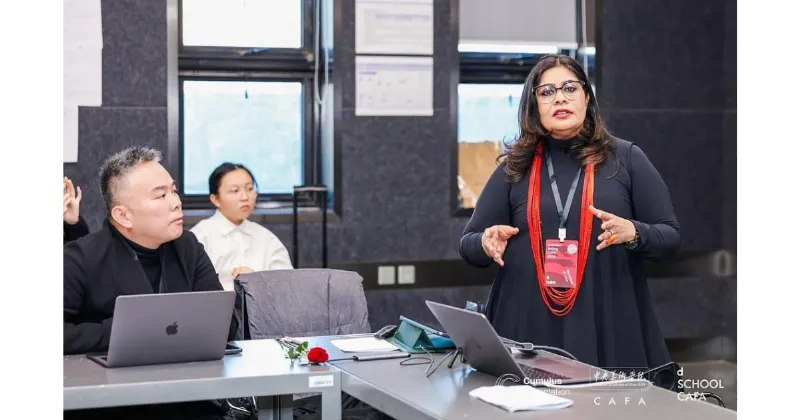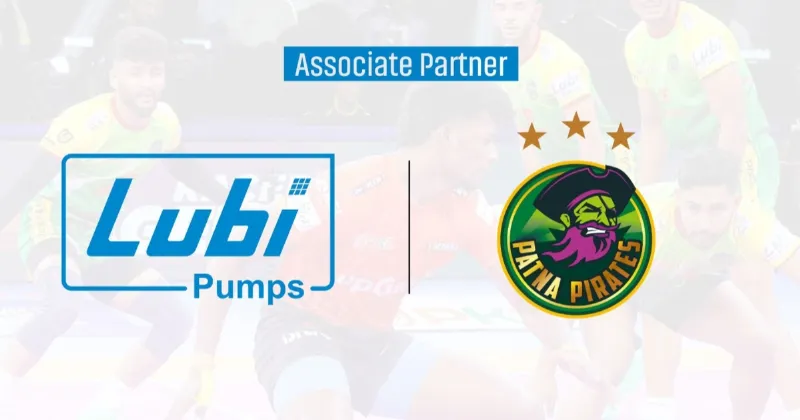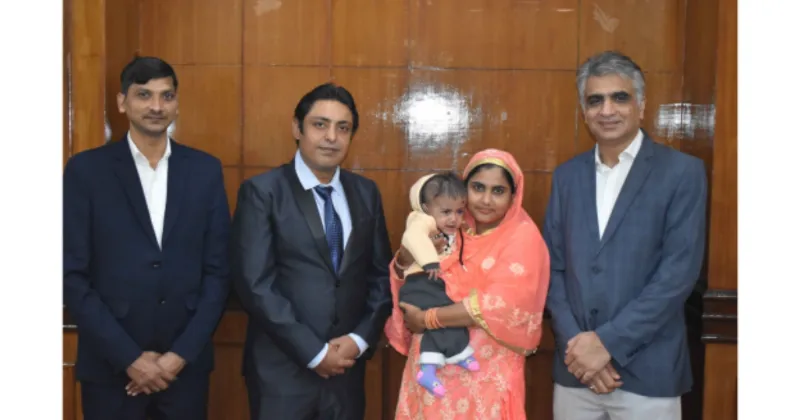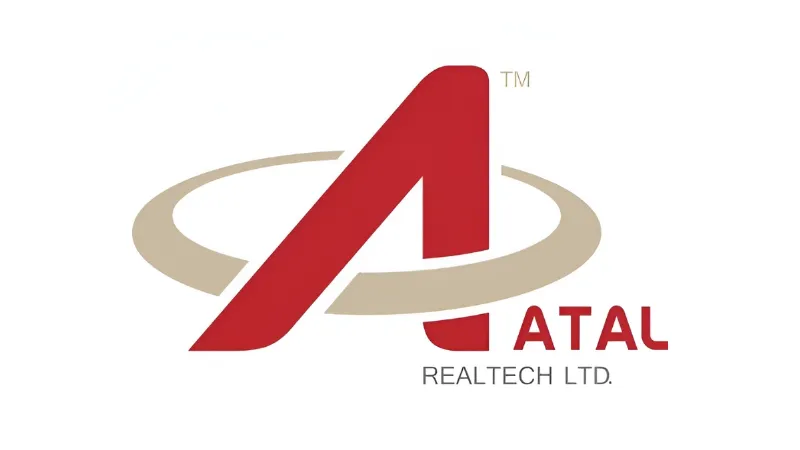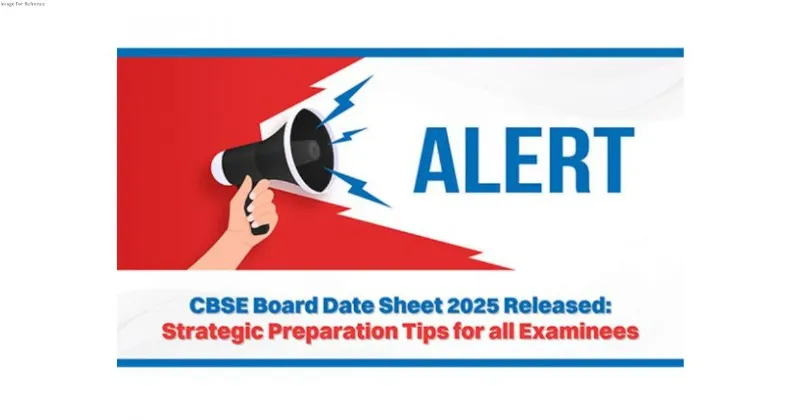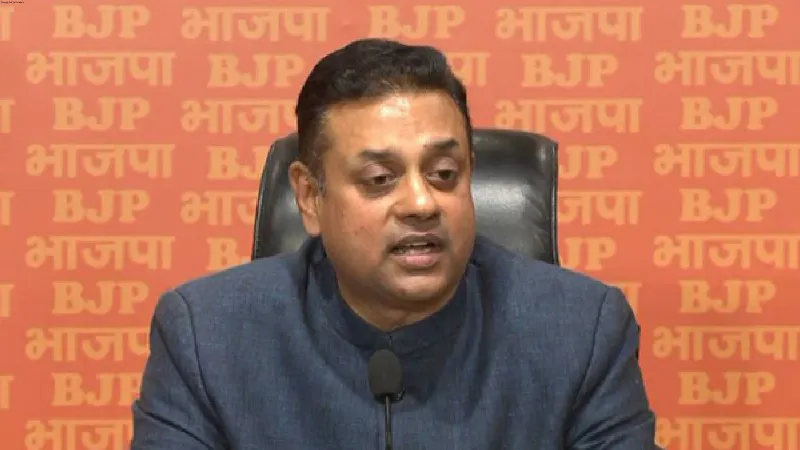Latest News
700+ Educators Propose Recommendations for On-Ground NEP and NCF Implementation

A white paper, 'Unlocking Success: Turning Policy and Frameworks into Real-World Action,' was released by Burlington English and ScooNews at the Global Educators Fest 2023.
Released at the time of 3 years of NEP, this paper summarises the core ideas from the NEP and the NCFs and shares key learnings from deliberations held at the six editions of the New India Education Summit (NIES) – Edition 2.0.
Significantly, the report proposes Ready-to-Use Integrated Project Toolkits for K-12 Teachers, which can be immediately implemented in classrooms for the Foundational, Preparatory and Middle stages. These comprehensive toolkits are useful for educators seeking to bring alive the ideas of the NEP and the NCFs in real classroom practice. While these toolkits are customisable in schools, use local resources and do not require complex preparation; these focus on the ‘Scope of Failure’, which allows students to fail in their attempts and encourage them to retry. It is critical to create a healthy environment where failure is not ridiculed, thus, converting it into a learning opportunity.
Ratnesh Kumar Jha, CEO, Asia Pacific at Burlington Group of Companies, said: “This report, which draws views from Educators from across India, leads us through the vast expanse of India’s educational terrain, constructing a link between aspirations and tangible outcomes. This document stands as a testament to the essential synergy between educational methodologies and policy frameworks”. Mr Jha added, “The future of education hinges on our collective commitment to innovation and inclusivity. As we bridge the gap between policy and practice, we pave the way for a transformed educational landscape that empowers every learner to thrive."
Ravi Santlani, Founder and CEO, Scoonews, said: “Through this white paper, we have made a humble attempt to look at policy intervention from the eyes of educators and have tried to ease its percolation and implementation at the ground level.” He added, “In order to 'Unlock Success, ' India requires a harmonious union of forward-thinking ideas and practical implementation of policy such as the NEP and NCF”
Educators & Education leaders from diverse corners of India converged to delve deep into a comprehensive exploration, encompassing pivotal pillars of education, including the National Education Policy (NEP) 2020, the National Curriculum Framework for Foundational Stage (NCF-FS) 2022, and the draft National Curriculum Framework for School Education (NCF-SE) 2023.
At the heart of the white paper lies an intricate tapestry woven from the core ideas of NEP and NCFs, interwoven with insights garnered from the enlightening conversations at NIES Edition 2.0.
Key Learnings and Recommendations
The white paper underscores the imperative for systemic metamorphosis within the Indian education system. Embracing the vibrant tapestry of NEP 2020 and NCFs, it accentuates the need for collective dedication to realize their transformative goals. Leading educators who contributed to NIES Edition 2.0 furnished the paper with poignant recommendations:
-
The essence of education lies in nurturing lifelong learners and compassionate individuals, aptly prepared for the unpredictable horizons of the 21st and 22nd centuries.
-
A learner-centric curriculum and pedagogy, emphasizing multidimensional, experiential, and personalized learning, is paramount.
-
Assessment methodologies should evolve into adaptive and formative tools, while acceptance of failure and holistic progress tracking must take centre stage.
-
The teaching community needs to evolve from dispensers of information to curators of learning, supported by continuous upskilling and contextualized training.
-
Future schools should be bastions of character-building and inclusive education, fuelled by collaboration and community engagement.
Eight key actions to drive transformative change in India's education system including creating inclusive and joyful learning environments, supporting evidence-based interventions, and investing in educational initiatives and infrastructure.
-
Cultivate Inclusive Learning Spaces: Develop learning environments that are accessible, equitable, safe, and vibrant, fostering an atmosphere of joy and well-being.
-
Champion High-Impact Interventions: Extend support to research and the widespread adoption of evidence-based strategies that yield tangible educational outcomes.
-
Accelerate Educational Advancement: Increase investment in educational endeavours, infrastructure, and human resources, recognizing that quality education is an urgent necessity.
-
Forge Collaborative Partnerships: Form robust partnerships within schools, ministries, agencies, and communities to devise pragmatic solutions and create resilient educational systems founded on shared best practices.
-
Innovate Dynamic Teaching Tools: Design dynamic teaching resources that leverage technology, aiding educators in effectively implementing the goals of NEP and NCFs through contextualized materials.
-
Empower Educators Through Training: Provide continuous training and upskilling to teachers and administrators, enabling them to translate the principles of NEP and NCFs into actionable classroom practices.
-
Strengthen Monitoring and Support Systems: Establish robust information, monitoring, and evaluation systems reflecting on-ground realities, ensuring flexibility, autonomy, and accountability within the education framework.
-
Foster Community Awareness: Conduct awareness campaigns targeting parents, stakeholders, and communities, facilitating a seamless transition from conventional to futuristic education paradigms, and fostering shared understanding and cooperation.


